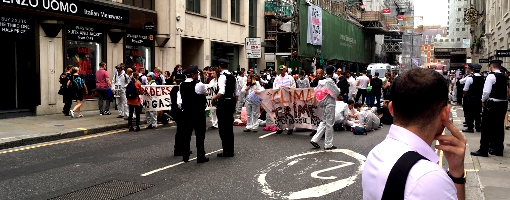You might have wondered why there has been near radio silence on the goings on at Cop24. In part, it is because despite a two-week extended meeting, with 30 000 participants, the political outcomes are complex, technical and slow. And there weren’t many.
After extending the summit the nations at the COP24 UN climate change talks in Katowice, Poland agreed on a set of deals that will enact the Paris agreement. The conference showed some positive outcomes in adopting the final agreement, but there were still several major issues yet to be resolved, and concerns that the new ‘rulebook’ will be observed faithfully.
The good news is that it was agreed in principle at least how governments will measure, report on and verify their emissions-cutting efforts. The EU and several countries across the globe pledged to meet the IPCC’s advice and attempt to limit rises to under 1.5C.
A main sticking point, around carbon credits, was diplomatically kicked down the road for another year.
And the bad news was that unless more is done to actually cut emissions, the world will suffer a 3C temperature rise from pre-industrial levels, with the likely results of drought, floods, rising sea levels rises and reduction in agricultural production.
Here little progress was made on the actual cutting of greenhouse gases. Added to this the IPCC findings, mild by some standards in their warnings and possibly too conservative in solutions, were not fully adopted, being reduced to being ‘noted’ because of pressure from Kuwait, Russia, Saudi Arabia, and the US. The political game also saw Australia and the US defend coal, and Brazil showing strong reservations by withdrawing an offer to host next year’s talks.
COP24 can be seen as the world holding its breath, not yet a sigh of relief.
Latest News
-
Private health provider awards £10,000 to arthritis research team
-
Building Society hands out £1m to tackle inequality
-
Premier League and Comic Relief partnership aims to improve children’s mental health
-
Russell Hobbs launches food poverty campaign in schools
-
Tottenham Hotspur and charities launch film to tackle mental health stigma
-
Cardfactory funds homelessness charity’s team of psychologists
© 2019 Perspective Publishing Privacy & Cookies







Recent Stories